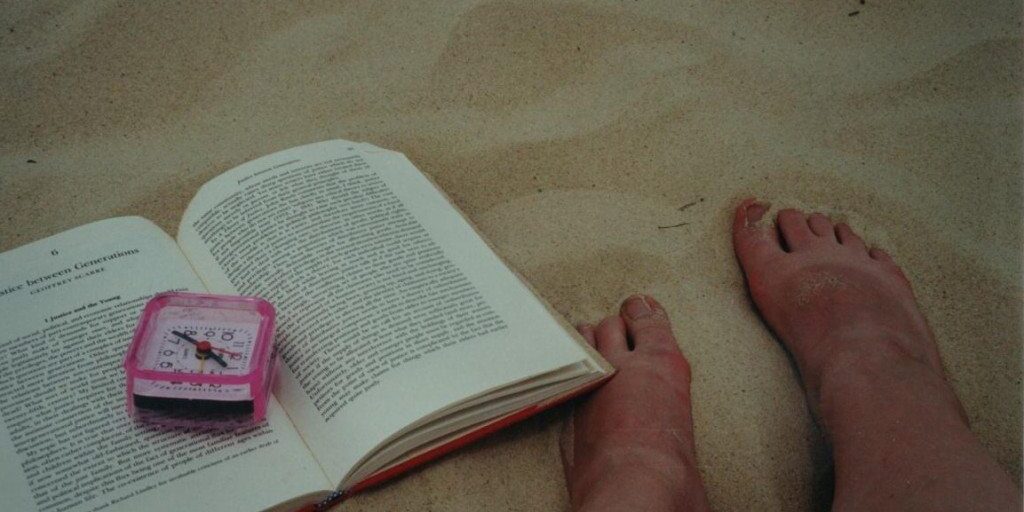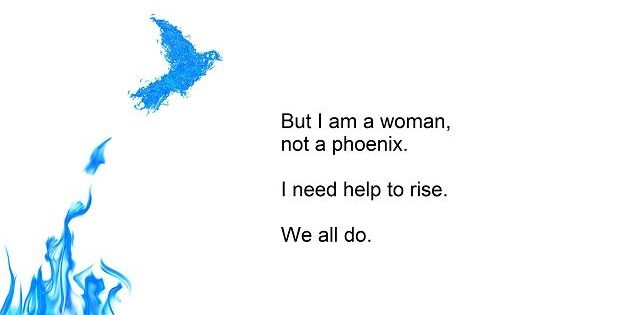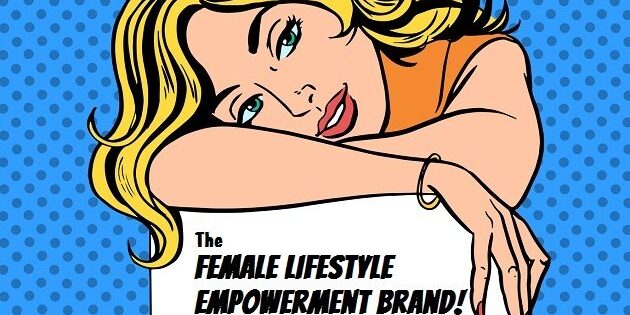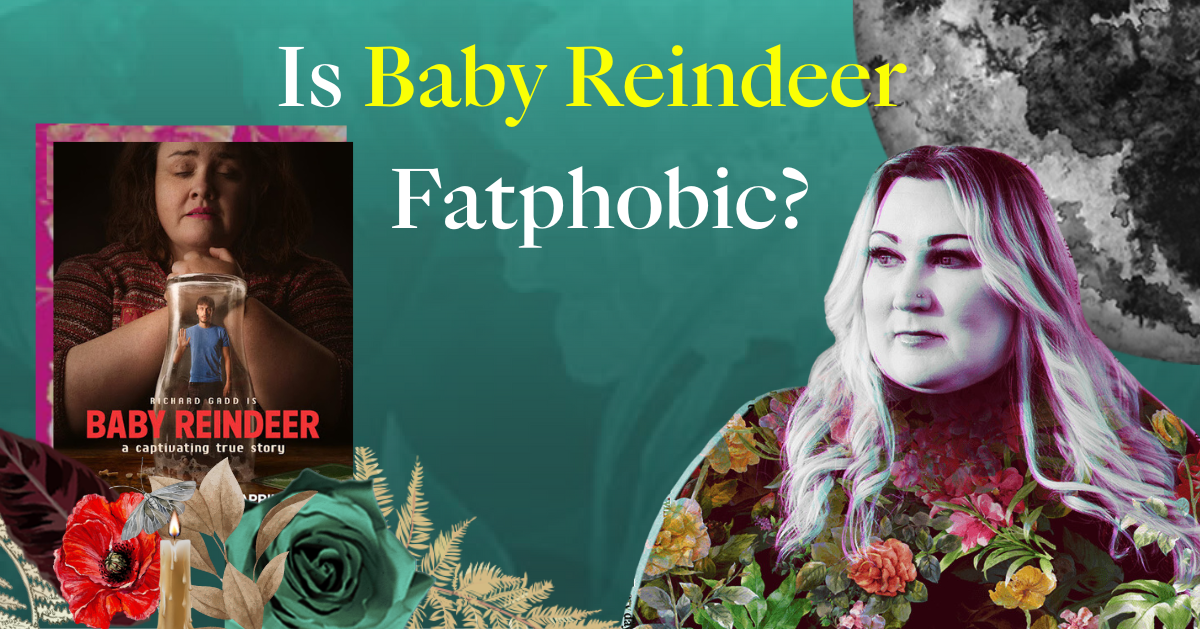
Is Baby Reindeer Fatphobic?
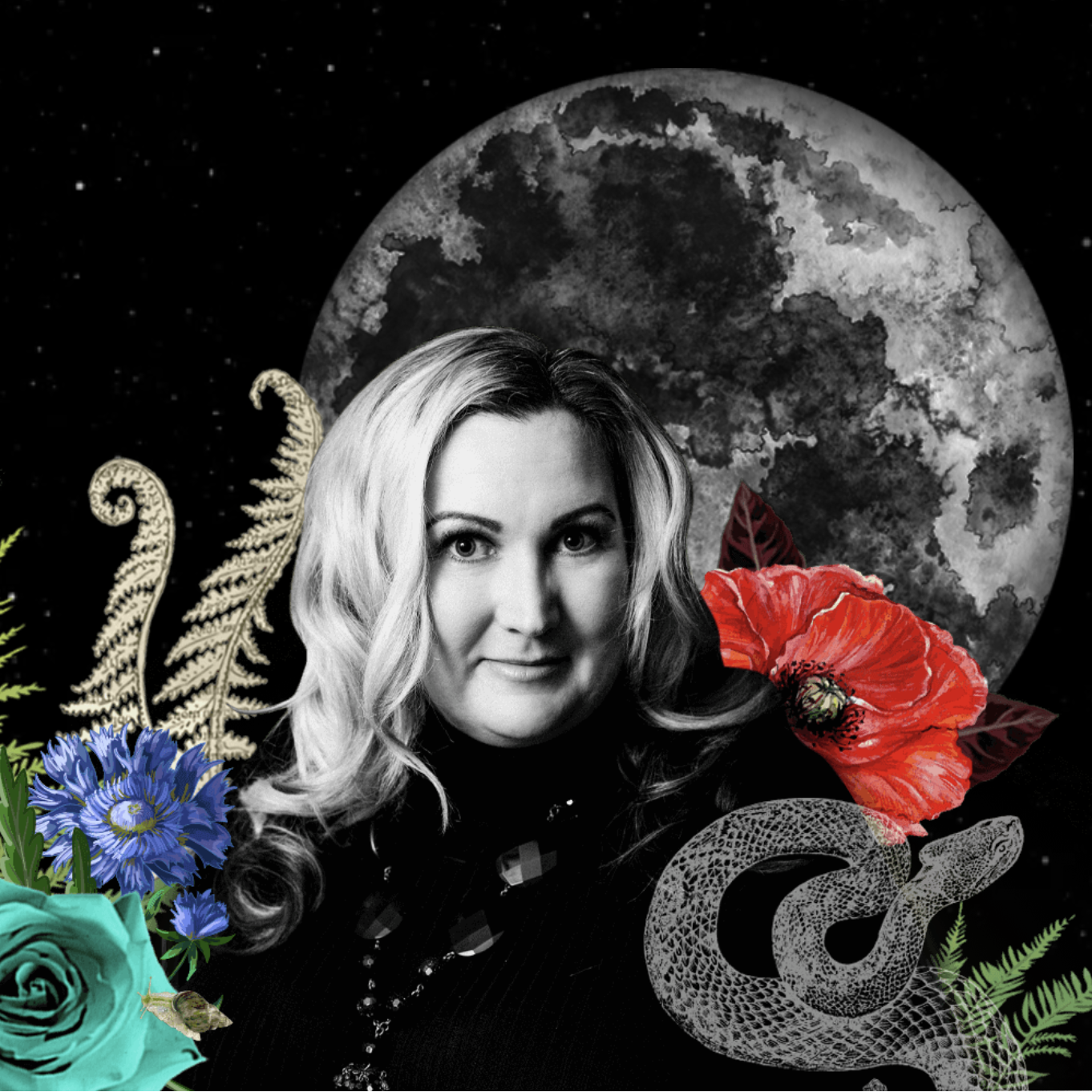
Is Baby Reindeer fatphobic?
I’ve seen this debated by people I respect, and I think it is important to take this seriously.
I am wildly uninterested in leveraging people’s prejudices or relying on biased caricatures and tropes as a form of character development in literature or film. It’s cheap and lazy.
I also don’t want to live in a culture where people are instantly summed up, judged and dismissed based on their appearance, body size, whether or not they’re racialized (as not white), or other identifiers based on unjust social hierarchies.
Instead, I want to live in a society where we show up and get to be whole, and engage with each other as individuals and humans, and respect each other’s backgrounds and experiences and bodies.
As culture makers, that’s where I want us to go. So I think the question, Is Baby Reindeer fatphobic? is something culture makers need to grapple with – especially since Baby Reindeer otherwise uses a nuanced approach to storytelling that does not reduce people with “differences” to caricatures or scary tropes.
In one of the first trailers I saw for Baby Reindeer – and that trailer is actually one of the reasons I first started watching the series – there is a scene where a fat woman in her 40s walks into the bar and the bartender, who’s the main character, Richard Gad’s character, says to himself, “I felt sorry for her…It’s a patronizing, arrogant feeling, feeling sorry for someone you’ve only just laid eyes on, but I did.”
As a viewer – and a fat, middle-aged woman myself – I immediately had my own reaction to his reaction. I’m watching a fat, middle aged woman walk into a bar, and someone’s feeling sorry for her…for what? For existing? In that body? IN PUBLIC?
Perversely, even though I was irritated, I immediately wanted to watch the show, because I wanted to see how they handled this.
This being fatphobia. And misogyny. And, and, and.
Something about this scene piqued my interest and perhaps hinted to me that the creators were not going to do the standard thing, even as they said out loud what most of us silently think.
Or at least that was my hunch and my hope.
And why I leaned in to watch.
Then, a few seconds later, after he gives her a cup of tea on the house, he asks her what she does for a living.
“I’m a lawyer,” she says proudly.
He laughs, like she’s lying. A dumpy woman can’t be a career woman, I guess.
And there’s this reaction from the character. A certain tilt of her head, a stiffening of her spine. A hint of a reckoning to come. (Jessica Gunning is truly an extraordinary actor.)
This split second snagged me perhaps the same way it grabbed her character. I thought, oh, are we relying on fatphobia here to make the assumption that a fat woman cannot be successful, intelligent, accomplished?
Because reality contradicts this, right?
I know lots of fat women who are enormously talented, skilled, and at the tops of their field, highly respected, making heaps of money. (I am one of them!) To make the association between fat and broke, and fat and stupid, and fat and unsuccessful, is a lazy, fallacious association.
So we’re only a few seconds into the first interaction between the main characters of Baby Reindeer and I am already irritated.
And hooked.
And hoping.
I reacted to the apparent fatphobia baked into Richard Gadd’s character – and arguably, baked into the audience who immediately, without explication, understands it and is therefore also complicit – and while it might seem that Gadd is making a point about fatness and deviance, I’d argue that, in fact, the series as a whole was not constructing that particular equation. Instead, I think Baby Reindeer witnesses the reality of fatphobia instead of endorsing it.
The assumptions Richard Gadd’s character made in their first meeting about the woman’s character, truthfulness and career weren’t necessarily about her fatness; they were about the fact that she didn’t have money for tea. If you’re a lawyer, which presumably pays well, how do you not have money for a cup of tea?
As the series unfurls, she spends all day every day sitting at his bar, drinking free cups of tea. Lawyers – people with jobs! – don’t usually have entire workdays for months at a time to spend not working.
So his skepticism about her career (and she really was a lawyer, albeit a disbarred one) wasn’t necessarily about her fatness, it was about how what she was doing on a daily basis didn’t line up with the stories she was telling about herself.
Even her body language and style (clothes, hair) didn’t match her supposed station in life. She showed up each day in different hair and makeup, like she was trying on new identities and new costumes. That read to him like instability and people-pleasing. Her laugh was wrong – too much, too loud. She didn’t seem to track how other people perceived her and consistently violated social norms. She made people uncomfortable. Altogether, the way she presented herself read as erratic and volatile – not polished, consistent and strategic, the way you might expect an accomplished professional to present.
That was the source of skepticism – and fascination – for Gadd’s character.
That’s not to say that the fatness wasn’t a part of Gadd’s ‘toxic empathy’ for Gunner’s character. We all live in the same overculture that he does, in which a fat woman is not assumed to be intelligent, industrious, or desirable. Baby Reindeer clocks that. But the series didn’t cosign it or luxuriate in it. It didn’t make her weight into the reason for her erraticism or volatility or misery.
It was just a fact.
And the way people reacted to her because of her weight was also a fact.
Importantly, I never felt like her fatness was a character in and of itself. In a lot of series or films where women have big bodies, their fatness becomes a main character plot point or a literary device. It’s constantly something that is remarked upon, that they’re wrestling with, that’s a central focus in their life and often constructed as the reason for their misery or challenges.
I didn’t see that happening in Baby Reindeer, at all. I didn’t see her fatness being presented as the explanation for her terrifying behaviour or her violence, which is what a treatment leveraging overt fatphobia might have defaulted to. I also didn’t see Gadd’s character’s simultaneous fascination with and revulsion towards this fat woman as being about her fatness. Instead, her vulnerability, the way that she saw him, her volatility, the way that she was clearly lying about everything were the sources of his self-destructive enthrallment with her.
In his voiceovers, when he’s explaining to the audience how he felt about her – his profound mixed feelings, and the impossibility of being attracted to her even as she magnetized him in other ways – it was never about her big body. The impossibility of romance was first and foremost about her volatility and lies and then, arguably, about her age. I never heard him say anything about her fatness. Even the other truly obnoxious men in the bar, including his co-workers, never overtly commented on her body. Of course that doesn’t mean fatphobia wasn’t in the room – it definitely was – but fatphobia was not one of the plot devices powering the series.
Instead, fatphobia was in the background, which is reality, and Baby Reindeer is a complicated, nuanced portrayal of reality. There is a certain way that large bodies are treated in the world, and this definitely happened in this series. But Baby Reindeer wasn’t fatphobia porn, or yet another cinematic argument that fat = miserable = dangerous.
The argument in Baby Reindeer is that this woman is miserable because she is mentally unwell. Her fatness isn’t the engine of her desperation, her depression, or her volatility – and the absence of that kind of machination is the opposite of fatphobic character “development”.
We also don’t see the camera tracking or panning on her body in a way that is voyeuristic or making a point about how unattractive she is. As the series unfolds, it does not take the obvious route of demonizing the woman’s body. I didn’t see the camera luxuriating in close-ups of ‘bad’ body parts, or gratuitous jiggling, or other ways to stoke revulsion at how fat she is.
The filming of Gunner’s body was prosaic. Factual.The camera is following her because she’s walking out of the bar just like the camera follows Gadd’s character when he’s walking down the street. I didn’t see a difference in the way that she was filmed and the way thinner characters were filmed.
And so, when I consider all of these authorial and cinematic choices – choices where the cheap fatphobic representation was not selected – it doesn’t add up to fatphobia. I would argue that Baby Reindeer is not fatphobic. Instead, Baby Reindeer grapples with a fatphobic reality that we’re all immersed in – which is why we recognize it and supply our own meaning to it – and the series does so in a way that is not trope-y, cheap or sensationalistic. Those choices means that Baby Reindeer does not luxuriate in revulsion to fat bodies, make fatness into a character device or plot engine, profit from bias, or cosign or perpetuate fatphobia.
Of course I’m willing to be wrong, and I’m super interested in other people’s analyses of the situation, and I’ll be following that.
But for me, where I land, in the body that I’m in, at the age that I’m in – I track with this character! (Less the violence and stalking bit) – I did not think Baby Reindeer was fatphobic. Instead, I think it actually avoided the easy opportunity to be fatphobic – which, given how automatically fatphobic our entire culture is, is a deliberate choice and an accomplishment.

